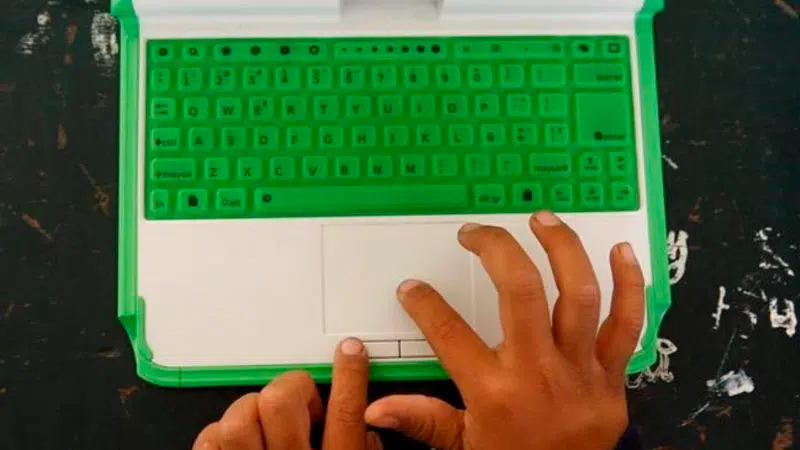
Avoid screen-use battles by setting rules early and before kids get phones: doc
VANCOUVER — Parents should prioritize healthy habits such as physical fitness, nutrition and sleep over screen time long before kids reach their teenage years when arguments over devices can become a huge issue, says a doctor who leads the Canadian Pediatric Society’s digital health task force.
Dr. Michelle Ponti said the society’s new guidelines emphasize how and when screens are used based on age rather than prescriptive time limits when it comes to low and moderate exposure to electronic devices.
“We’re trying to avoid the fights by starting these screen-time limits and these digital literacy talks with families early,” said Ponti, a London, Ont., pediatrician who has a nine-year-old son and two teenage daughters, aged 17 and 18.


